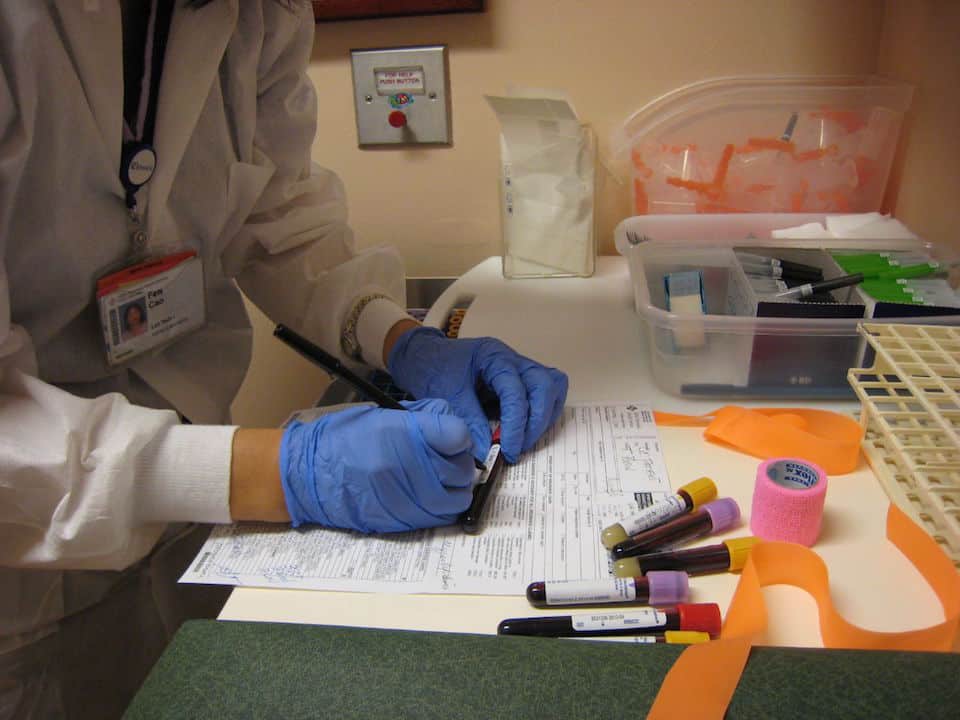Human innovations of every kind have been erecting and demolishing physical and ideological barriers for millennia — we need not look further than the Great Wall of China or the Berlin Wall for examples. After hacking at it for decades, the blood-brain barrier (BBB) has now been breached — but for a noble purpose.
The blood-brain barrier (BBB) is a biological barrier made of epithelial cells that separates the brain fluid from the rest of the bodies’ circulation to prevent the entry of toxins or harmful molecules into the brain.
A successful surgical trial funded by organizations including the Focused Ultrasound Foundation as well as the Ontario Ministry of Research and Innovation, made headlines worldwide earlier this month for achieving the first ever non-invasive breach of the blood brain barrier to deliver brain cancer treatment using focused ultrasound.
This was the first trial of a study potentially involving up to 10 patients also in need of treatment for brain tumours.
In the procedure, the patient is first injected with gas filled microbubbles, before a low ultrasound that resonates with the frequency of the bubbles is applied, allowing the bubbles to puncture through the BBB. These punctures are also used to administer a specifically targeted chemotherapy treatment.
The research attempts to determine how safe, and effective this non-invasive method is in administering chemotherapy to the brain, and the procedure has the potential to replace traditional invasive surgeries currently used to remove parts of patients’ brain tumours.
Sunnybrook Health Sciences Centre’s: The Hurvitz Brain Sciences Program partnered with Insightec for the study. The ultrasounds are administered using Insightec’s Exablate Neuro System. Another researcher with Sunnybrook, Dr. Kullervo Hynynen, director of physical sciences, discovered the ultrasound technique.
The study’s primary investigator is Dr. Todd Mainprize, also an associate professor of neurosurgery at U of T. He spoke on behalf of his team at Sunnybrook in a press release saying that they are “encouraged that [they] were able to temporarily open this barrier in a patient to deliver chemotherapy directly to the brain tumour.”
“The blood-brain barrier (BBB) has been a persistent obstacle to delivering valuable therapies to treat disease such as tumours.”
A sample was sent to a lab to analyze the success of the procedure with brain scans seeming to indicate significant results. However, it is still unclear whether the analysis shows this form of treatment to be more effective, or even safer than traditional methods. Some scientists, like Dr. Egle Solito, a senior lecturer at Barts and The London School of Medicine and Dentistry, are cautioning against celebrating too soon. Dr. Solito told the BBC that “we need lots more research. The blood-brain barrier is a sealed system that protects the brain and when you open it, even temporarily, there are risks.”
The majority of responses have been optimistic that this breakthrough will open doors for safer and more effective neurosurgical procedures and treatments — not only in the treatment of cancer, but also for conditions like Alzheimer’s and epilepsy.


